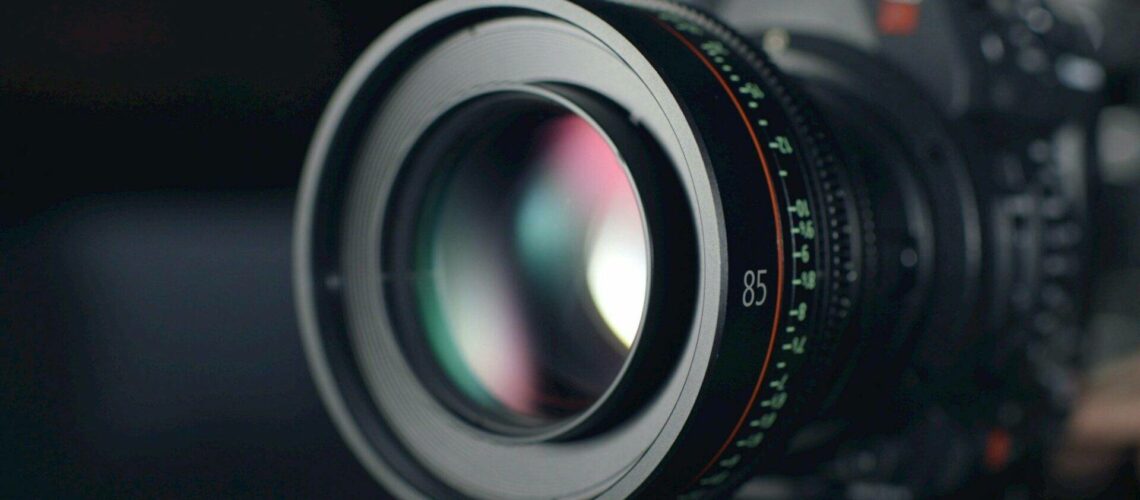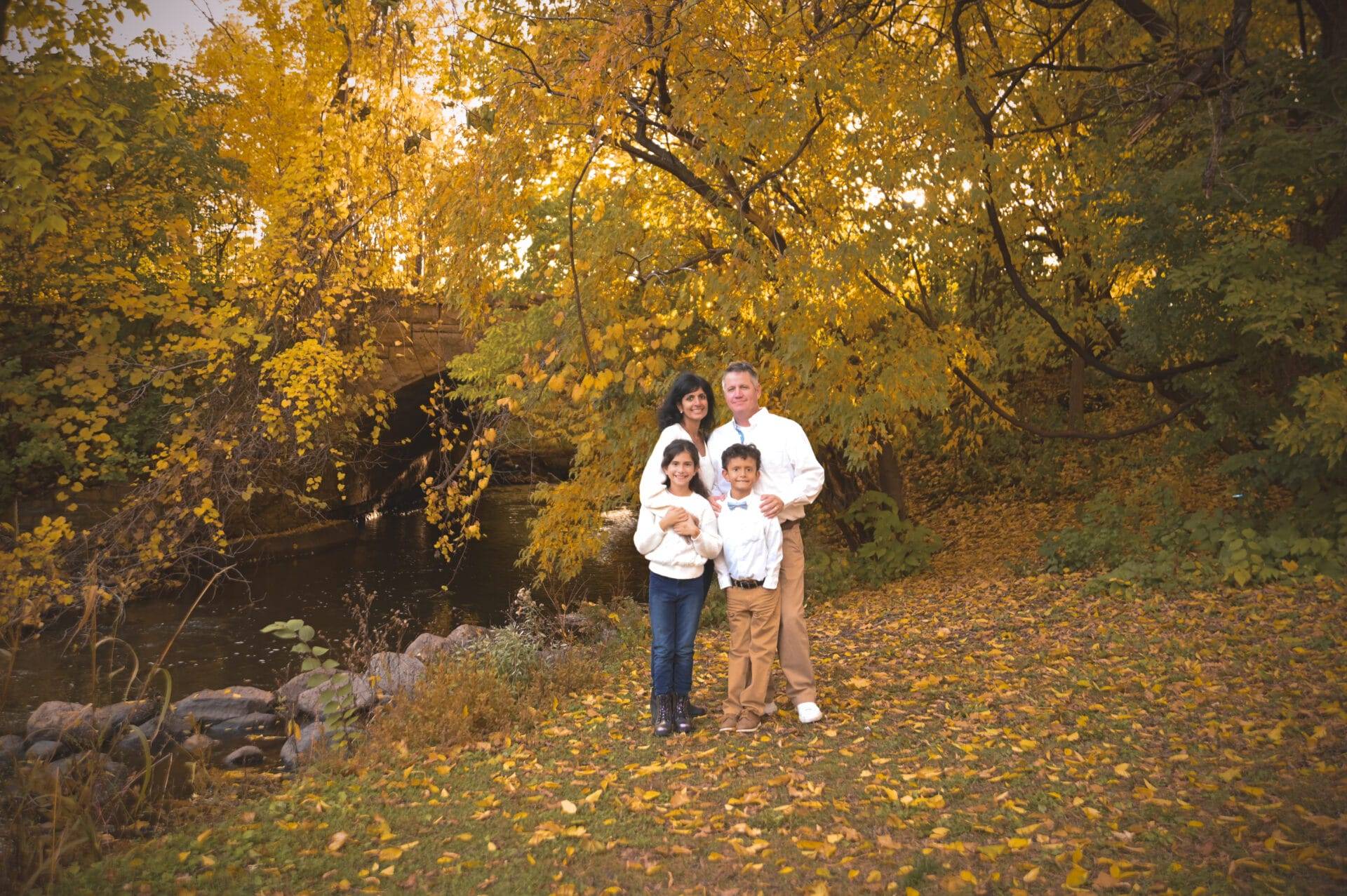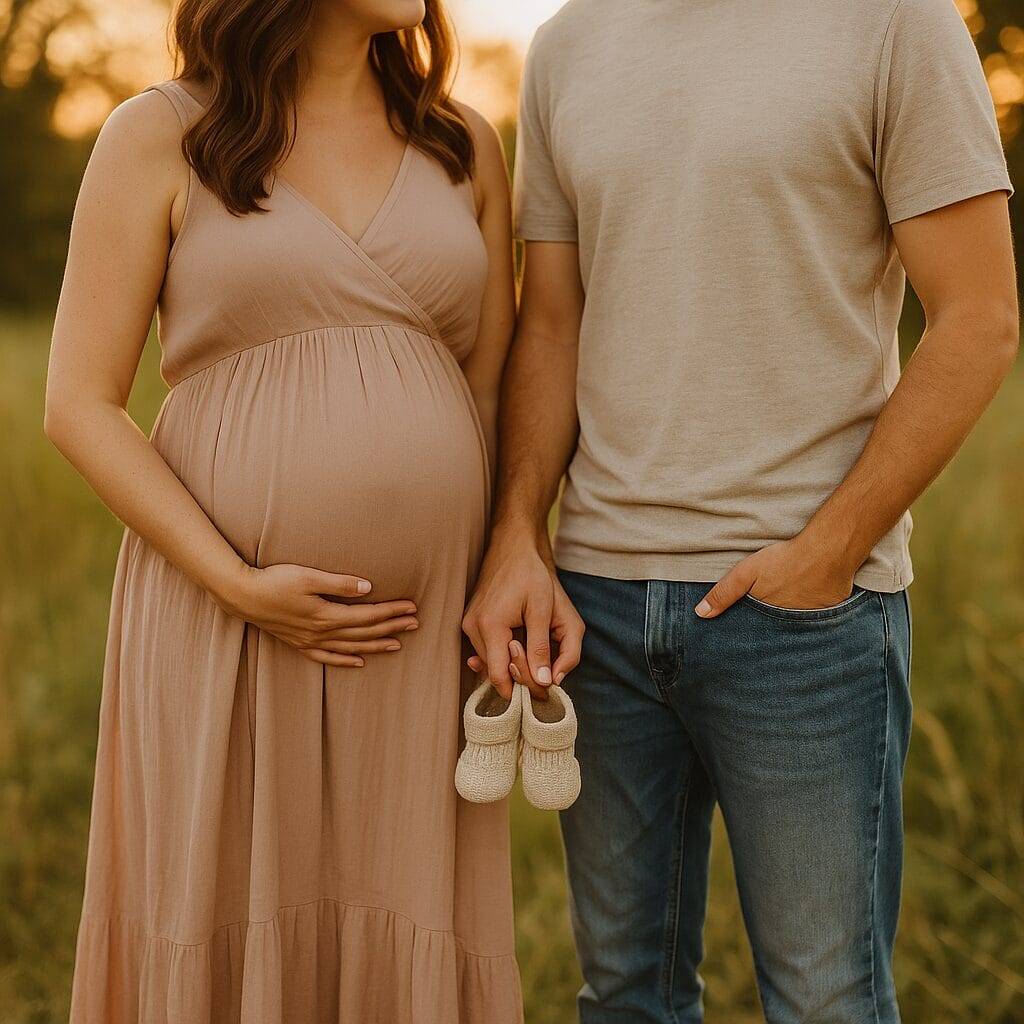Picking out your first camera is a thrilling yet sometimes daunting task. With so many options out there, it's important to figure out what you need, what you like, and how much you're willing to spend. This guide will help you step-by-step to find the perfect camera that matches your style and dreams.
Understanding Your Photography Needs
Determine Your Budget
When it comes to choosing your first camera, one of the key factors to consider is your budget. This will help narrow down your options and guide you towards a camera that not only meets your needs but also fits your financial capabilities. Let's delve into this important aspect further.
Explore Different Price Ranges
Cameras come in various price ranges, each offering a different set of features and functionalities. Here's a breakdown to help you understand your options:
- Entry-Level Cameras: These are perfect for beginners and typically come at an affordable price point. They provide essential features for learning the basics of photography.
- Mid-Range Cameras: Positioned between entry-level and high-end cameras, mid-range options offer a balance of features and cost-effectiveness, making them suitable for enthusiasts looking to upgrade.
- High-End Cameras: Designed for serious photographers and professionals, high-end cameras boast advanced features and superior performance, catering to individuals who prioritize top-notch quality.
Consider the Full Cost
While the initial investment in a camera is crucial, it's equally important to factor in potential additional costs for lenses and accessories. These extra expenses can significantly impact your overall budget. Be mindful of the following:
- Lenses: Different types of photography may require specific lenses, so understanding the cost and availability of compatible lenses is essential.
- Accessories: From memory cards to camera bags, additional accessories are vital for enhancing your photography experience. Budgeting for these items ensures you have everything you need to maximize your camera's potential.
By carefully assessing your budget and considering the long-term costs associated with camera ownership, you can make an informed decision that aligns with your financial situation and photography goals.
Understand Different Types of Cameras
When it comes to choosing a camera, the options can be overwhelming. Understanding the different types of cameras available can help you find the perfect match for your preferences and shooting style. Let's delve into the world of cameras to explore the pros and cons of each type so you can make an informed decision.
Point-and-Shoot Cameras
Point-and-shoot cameras are compact and easy to use, making them perfect for beginners or casual photographers. These cameras typically have automatic settings, allowing you to capture moments quickly without worrying about manual controls. While they are convenient and portable, they may have limitations in terms of image quality and flexibility in settings.
DSLR Cameras
DSLR cameras are known for their interchangeable lenses and manual controls, giving you greater flexibility and creative control over your photography. With larger sensors and robust build quality, DSLRs excel in capturing high-quality images in various conditions. However, they can be bulky and more complex to operate compared to point-and-shoot cameras.
Mirrorless Cameras
Mirrorless cameras combine the portability of point-and-shoot cameras with the versatility of interchangeable lenses. They offer advanced features, such as electronic viewfinders and fast autofocus systems, in a compact body. Mirrorless cameras are popular among photographers who want a balance between performance and size, although they may have shorter battery life compared to DSLRs.
Bridge Cameras
Bridge cameras bridge the gap between point-and-shoot and DSLR cameras, offering a blend of simplicity and advanced features. With powerful zoom lenses and manual controls, bridge cameras cater to photographers who desire more versatility without the complexity of interchangeable lenses. While they are convenient all-in-one solutions, they may have limitations in image quality compared to DSLRs.
Action Cameras
Action cameras are designed for durability and versatility in capturing fast-paced adventures and sports activities. These compact and rugged cameras are built to withstand extreme conditions, making them ideal for activities like surfing, biking, or skydiving. While action cameras excel in portability and ruggedness, they may have limitations in terms of image quality and manual controls.
By understanding the characteristics of each type of camera, you can choose the one that aligns best with your photography goals and preferences. Whether you prioritize portability, image quality, versatility, or durability, there is a camera type tailored to meet your needs.
Consider Your Photography Goals
When it comes to choosing your first camera, one of the most crucial aspects to consider is your photography goals. Your interests and aspirations in photography will guide you towards the right camera that aligns perfectly with your needs. Let's dive into how you can identify your primary photography interests and select a camera that suits your style.
Identify Your Primary Photography Interests
First and foremost, take a moment to identify your primary photography interests. Are you drawn to casual photography, capturing everyday moments with ease and simplicity? Perhaps you have a passion for travel photography, where lightweight and portable options are essential for your adventures.
If portrait photography sparks your creativity, you'll want a camera with excellent lens options to capture the nuances of the human expression. For landscape enthusiasts, high resolution and wide-angle lenses are a must to bring the vast beauty of nature to life in your images.
On the other hand, if you are into sports and action photography, a camera with fast autofocus and a high frame rate will help you freeze fast-paced moments with precision and clarity.
Choose a Camera Aligned with Your Needs
Once you have a clear understanding of your photography interests, it's time to choose a camera that aligns with your specific needs and aspirations. Selecting the right camera will not only enhance your photography experience but also empower you to explore and express your creativity in the best possible way.
For casual photographers, simplicity and ease of use are key factors to look for in a camera. A user-friendly interface and basic controls will allow you to focus on capturing moments without getting lost in technical settings.
Travel photographers require cameras that are lightweight, compact, and easy to carry around. Portability and versatility will enable you to document your journeys with convenience and flexibility.
Portrait photography demands cameras with a variety of lens options to achieve different focal lengths and create captivating portraits with beautiful bokeh effects. Look for cameras that offer good depth of field control and lens compatibility.
If landscape photography is your passion, prioritize cameras with high resolution sensors and wide-angle lenses. Capturing the grandeur of sweeping landscapes requires attention to detail and image quality, which can be achieved with the right camera setup.
For sports and action photographers, a camera with fast autofocus capabilities and a high frame rate is essential to track and freeze dynamic movements with precision. Whether you're capturing athletes in motion or wildlife in the wild, a responsive camera will be your best companion.
By aligning your camera choice with your photography goals, you can embark on a creative journey that is both fulfilling and rewarding. Remember, the right camera is not just a tool but an extension of your vision and passion for photography.
Evaluate Key Features
When it comes to selecting your first camera, evaluating key features is a crucial step in finding the perfect match for your photography journey. By considering factors such as sensor size, megapixels, lens options, autofocus system, image stabilization, video capabilities, battery life, and build quality, you can ensure that your camera meets your specific needs and preferences.
Assessing Important Features
Let's break down the essential features that you should prioritize when evaluating different camera models:
- Sensor Size: The sensor size of a camera impacts image quality and performance. Options range from full-frame sensors for professional-grade results to Micro Four Thirds sensors for compact and versatile cameras.
- Megapixels: Higher megapixels can offer greater detail and clarity in your images. However, the importance of megapixels may vary depending on your intended use for the photos.
- Lens Options: The availability of compatible lenses can significantly expand your creative possibilities. Consider the variety and quality of lenses offered for the camera you are interested in.
- Autofocus System: A fast and accurate autofocus system is essential, especially for capturing moving subjects or in low-light conditions. Look for cameras with advanced autofocus technology for precise shots.
- Image Stabilization: Image stabilization helps reduce the effects of camera shake, resulting in sharper images. This feature is crucial, particularly when shooting in challenging conditions or using telephoto lenses.
- Video Capabilities: If you plan to shoot videos with your camera, assess the resolution, frame rate options, and additional video features available. Some cameras excel in both photography and videography.
- Battery Life: Longer battery life ensures you can keep shooting without interruptions. Consider the number of shots per charge and whether you might need additional batteries for extended outings.
- Build Quality: A well-built camera with durable construction and weather sealing can withstand various shooting environments. Pay attention to the build quality if you intend to take your camera on outdoor adventures.
Prioritize Your Photography Style
It's vital to prioritize features that align with your style of photography. For instance:
- Casual Photographers: Look for cameras that are easy to use and deliver consistent results without complex settings.
- Travel Photographers: Prioritize lightweight and portable options that can accompany you on your adventures without adding bulk.
- Portrait Photographers: Choose cameras with a variety of quality lens options to capture stunning portraits with beautiful bokeh.
- Landscape Enthusiasts: Opt for cameras with high resolution and wide-angle lenses to capture expansive landscapes in intricate detail.
- Sports and Action Shooters: Focus on cameras with fast autofocus systems and high frame rates to freeze fast-moving subjects with precision.
By evaluating key features and prioritizing aspects that cater to your unique photography needs, you can confidently select a camera that enhances your creative vision and captures the world through your lens.
Research and Reviews
When it comes to choosing the perfect camera for your needs, conducting thorough research and reading reviews can make a significant difference in making an informed decision. By delving into online reviews, comparing websites, and engaging in photography forums, you can gather valuable insights and recommendations that will guide you towards selecting the best camera for your photography journey.
Start by exploring a variety of online reviews from both professional camera experts and fellow users. Professional reviews often provide in-depth analysis of camera features, performance, and image quality, helping you understand the technical aspects of different camera models. On the other hand, user feedback offers real-world experiences and insights into how a camera performs in various shooting scenarios.
Comparing websites that offer side-by-side comparisons of different camera models can also be beneficial. These websites often highlight key features, specifications, and prices, allowing you to narrow down your choices based on your preferences and budget constraints. By utilizing these comparison tools, you can identify cameras that align with your specific requirements.
- Read online reviews to gain insights from professionals and users.
- Compare websites to evaluate features and pricing.
- Engage in photography forums for community recommendations.
Additionally, participating in photography forums can provide you with valuable advice and recommendations from a diverse community of photographers. Whether you are seeking suggestions for a specific type of photography or looking for user experiences with a particular camera model, these forums can be a treasure trove of information that helps you make an informed decision.
By combining insights from professional reviews, user feedback, comparison websites, and photography forums, you can narrow down your choices and select a camera that not only meets your requirements but also inspires your creativity. Remember, your journey to finding the perfect camera is as much about gathering information as it is about listening to your intuition and choosing a device that resonates with your passion for photography.
Hands-On Experience
When it comes to choosing the perfect camera for your photography journey, nothing beats the value of hands-on experience. The ability to physically interact with different camera models can provide invaluable insights that go beyond technical specifications. Here are some tips to make the most out of your hands-on experience:
Visit Camera Stores
- One of the best ways to get a feel for a camera is by visiting camera stores.
- Take the time to test out various models, exploring how each one fits in your hands and how intuitive the controls are.
- Pay attention to the build quality, ergonomics, and the overall user experience.
Rent Before Buying
- Before making a significant investment, consider renting cameras to experience their real-world performance.
- By renting, you can test how a camera performs in different lighting conditions, situations, and environments.
- This hands-on approach allows you to assess whether a particular camera meets your needs and expectations.
Participate in Photography Workshops
- Photography workshops are excellent opportunities to enhance your skills and knowledge while gaining hands-on experience.
- Joining workshops not only exposes you to different camera models but also provides expert guidance on how to maximize their potential.
- Engage with other photographers, share experiences, and learn practical tips that can elevate your photography game.
By actively seeking hands-on experiences through camera store visits, rentals, and workshops, you can fine-tune your camera selection process and make an informed decision that aligns with your photography goals and preferences.
Additional Accessories
Now that you have chosen the perfect camera that suits your photography needs and style, it's time to delve into the world of additional accessories. These accessories have the power to elevate your photography experience to new heights, providing you with the tools you need to capture stunning images.
Here are some essential accessories that you should consider investing in to complement your camera and shooting style:
- Lenses: One of the most crucial accessories for any photographer is a good lens. Lenses come in various types, including prime and zoom lenses, each offering unique advantages. Consider the focal lengths that best suit your photography genres to enhance your creativity.
- Memory Cards: Ensure you have high-speed, high-capacity memory cards to store all your precious photos without missing a moment. Running out of storage space during a shoot can be frustrating, so having spare memory cards on hand is always a smart choice.
- Bags and Cases: Protect your camera gear and keep it organized with a reliable camera bag or case. Choose a bag that offers adequate padding, compartments, and weather resistance to safeguard your equipment while on the move.
- Tripods: Stability is key when capturing long exposures, low-light scenes, or self-portraits. A sturdy tripod provides the necessary support to keep your camera steady, enabling you to achieve sharp and blur-free images in any shooting condition.
- External Flashes: Sometimes natural lighting isn't sufficient to get the perfect shot. An external flash can help illuminate your subjects, add depth to your images, and improve the overall quality of your photos. Experiment with different lighting setups to unleash your creativity.
By investing in these accessories, you are not only enhancing your photography capabilities but also opening up a world of creative possibilities. Each accessory serves a specific purpose and can greatly impact the outcome of your images, allowing you to explore new techniques and styles.
Choose accessories that resonate with your vision and shooting preferences, as they play a crucial role in shaping your photography journey. Whether you're a landscape enthusiast, portrait artist, or street photographer, there's an accessory out there waiting to elevate your craft to the next level.
So, seize the opportunity to equip yourself with the right tools and accessories that empower you to capture the world in your unique way. Embrace the endless possibilities that these accessories offer and watch as your photography skills blossom with each click of the shutter.
Make Your Decision
Congratulations on reaching the final stage of choosing your first camera! You've done your research, explored various options, and now it's time to make a decision that aligns with your photography journey. This step is crucial as it will define your experience and creativity in the world of photography. Here are some key pointers to guide you through the decision-making process.
Weigh the Pros and Cons:
As you stand on the brink of choosing your camera, take a moment to consider the pros and cons of each option. Reflect on the features that matter most to you, whether it's high resolution for detailed shots, advanced autofocus for capturing fast action, or portability for on-the-go shooting. Your research and hands-on experience will come into play here, helping you narrow down your choices to find the perfect match.
Consider Future Upgrades:
Photography is a dynamic field with ever-evolving technology. Think about your long-term goals and how well your chosen camera can grow with you. Consider factors like compatibility with future accessories, software upgrades, and additional lenses. Ensuring that your camera can adapt to your changing needs will save you from outgrowing your gear too soon.
Trust Your Instincts:
At the heart of it all, trust your instincts when making the final decision. Your intuition plays a significant role in finding a camera that not only meets your technical requirements but also connects with you on a personal level. Pay attention to how you feel when holding the camera, navigating its settings, and envisioning the shots you can capture with it. Ultimately, the right camera will feel like an extension of your creative vision.
Ready to Dive Deeper into Photography?
If you're eager to expand your photography skills and knowledge, I'm here to help! At Giliane E. Mansfeldt Photography, LLC, I offer personalized one-on-one mentoring, comprehensive online courses, and engaging in-person workshops designed to elevate your craft.
Whether you're a beginner looking for guidance or an enthusiast aiming to refine your techniques, there's a learning opportunity tailored just for you. Let's embark on this creative journey together and unlock the full potential of your photography passion.
Get in touch today to learn more about my mentoring sessions, courses, and workshops. Your next step towards becoming a confident and skilled photographer starts here! Check it out by clicking here.



